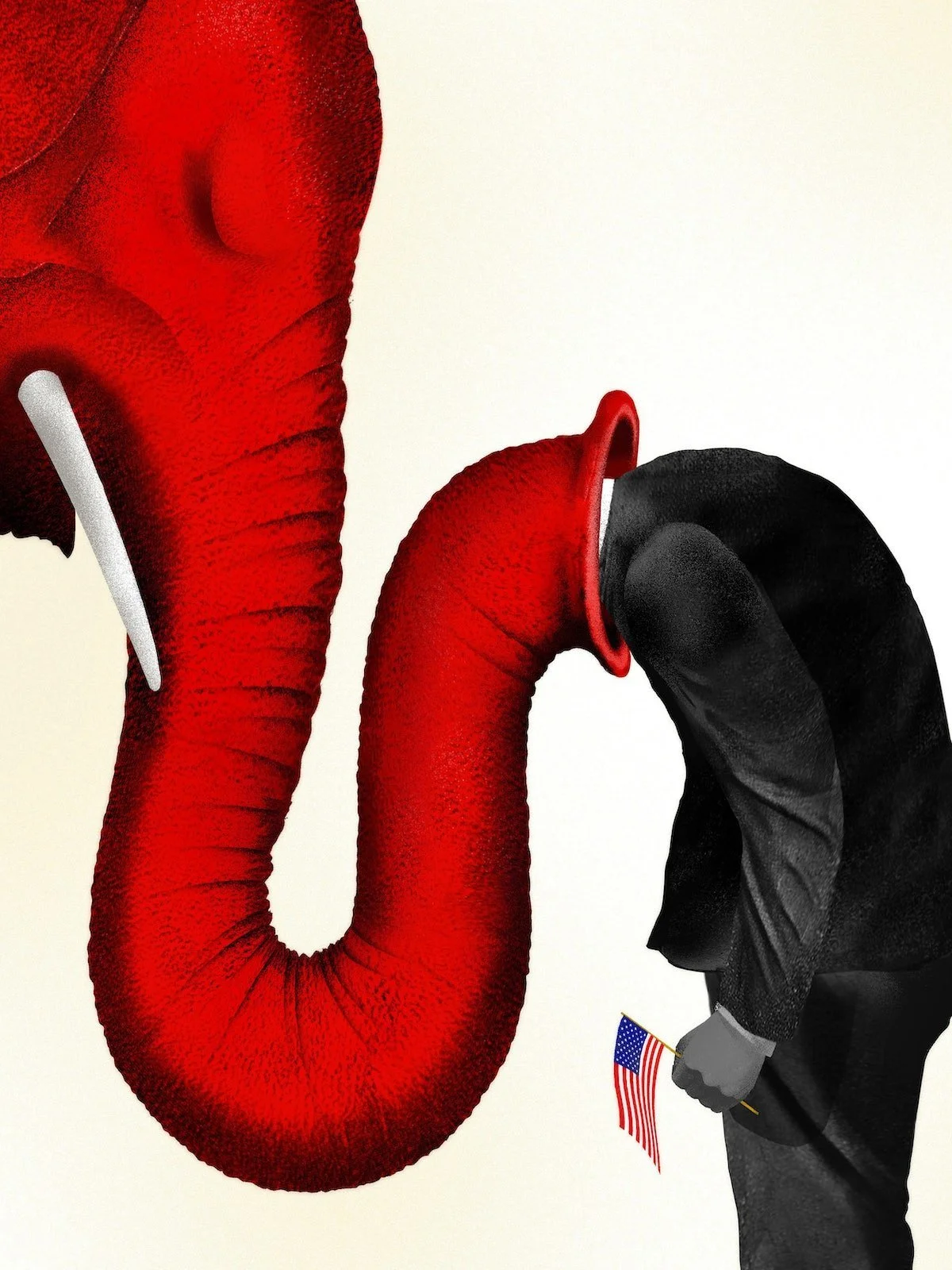jordan michael smith
Jordan Michael Smith is an award-winning Canadian-American writer who has collaborated with prominent public figures on four nonfiction books released by major commercial publishers. Jordan did speechwriting stints for both the Mayor and the Comptroller of New York City, and he was a communications consultant for the United Nations and the Governor of New York. His writing has appeared in print and online for many publications, including the New York Times Magazine, The Atlantic, Harper’s, Washington Post, Wall Street Journal, Smithsonian, Esquire, BBC, and MSNBC.
Jordan is a Contributing Writer at The New Republic and a Non-Resident Fellow at Defense Priorities. He is also a 2025-2026 Journalism Fellow at Massey College at the University of Toronto. His essay on Arabs and Jews in Canada won the 2024 Dalton Camp Award from FRIENDS of Canadian Media, and he won the Richard J. Margolis Award for Social Justice Journalism in 2023. His work has been recognized by the Best True Crime Stories, Best American Science and Nature Writing, and Best American Essays anthologies. His story on a series of murders in Australia won the 2021 award for Excellence in Feature Writing from The Association of LGBTQ Journalists. He is a three-time finalist for the Kukula Award for Excellence in Nonfiction Book Reviewing.
Jordan has been awarded grants or fellowships from Columbia University, Type Investigations, the John Jay College of Criminal Justice, Solutions Journalism, the Economic Hardship Reporting Project, Freelance Investigative Reporters and Editors, the Pulitzer Center on Crisis Reporting, and the Heinrich Böll Foundation. Three of his stories have been optioned for films.
Jordan holds a Master’s Degree in political science from Carleton University and lives in Toronto with his lab/basset hound mix, Penny.






















